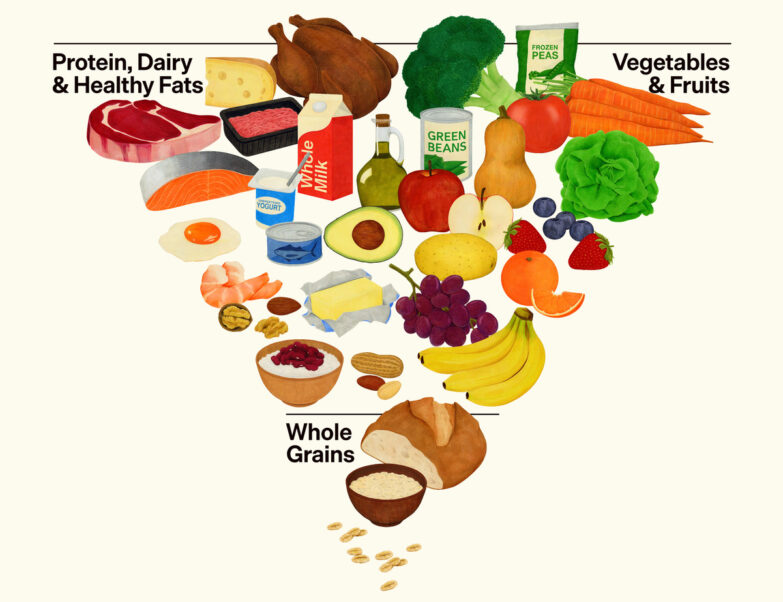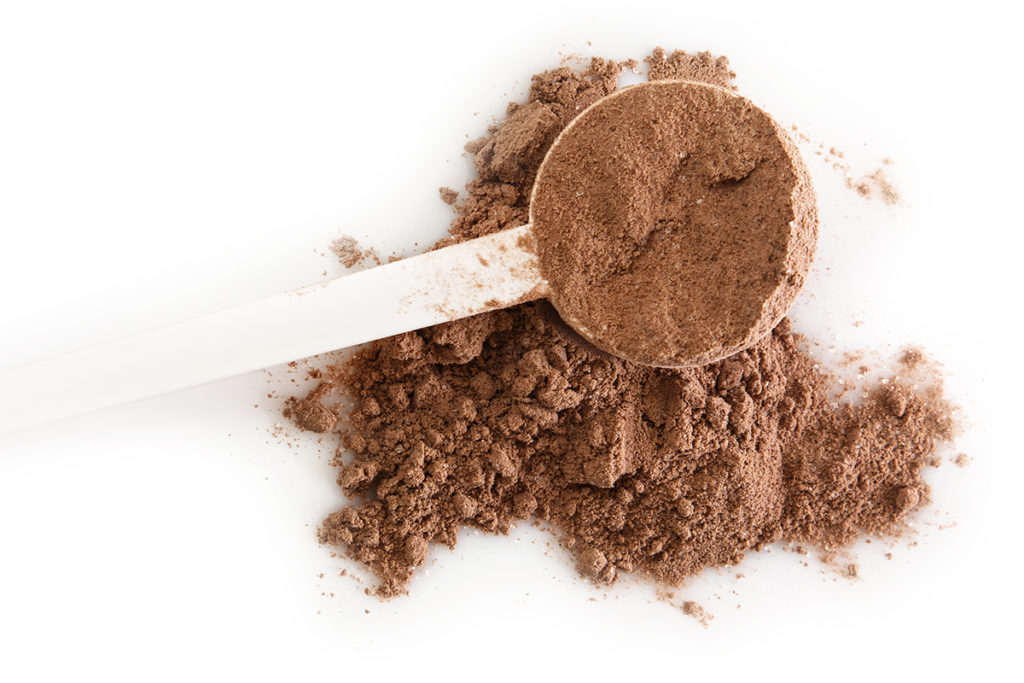Lead in Rice
If a staple in your diet is imported rice, pay attention to labels the next time you buy it. Researchers from Monmouth University, in West Long Branch, New Jersey, recently presented an analysis showing that some rice imported to the U.S. had lead levels higher than those considered safe by the USDA.
Rice from Taiwan and China had the highest levels of lead, but rice from the Czech Republic, Bhutan, Italy, India and Thailand also contained high amounts of lead, said Tsanangurayi Tongesayi, PhD, associate professor of chemistry, who headed the study. While this is cause for concern, especially since the highest concentrations of lead were found in baby food, Tongesayi and colleagues also pointed out that imports account for just 7% of the rice consumed in the US. However, imports of rice and rice flour are increasing—they have risen by more than 200% since 1999—and rice is the staple food for 3 billion people worldwide, he added.
Tongesayi, who reported the findings at the 245th National Meeting & Exposition of the American Chemical Society, cautioned that children and Asian adults were at greatest risk. “Such findings present a situation that is particularly worrisome given that infants and children are especially vulnerable to the effects of lead poisoning,” he said. “For infants and children, the daily exposure levels from eating the rice products analyzed in this study would be 30–60 times higher than the FDA’s provisional total tolerable intake (PTTI) levels. Asians consume more rice, and for these infants and children, exposures would be 60–120 times higher. For adults, the daily exposure levels were 20–40 times higher
than the PTTI levels.”
Sandy Todd Webster
For 22 years, Sandy Todd Webster was the chief architect of IDEA's content program - including the award-winning IDEA FITNESS JOURNAL and IDEA FOOD & NUTRITION TIPS - the industry's leading resources for fitness, wellness and nutrition professionals worldwide. She created, launched and nurtured these brands and many others during her productive and purposeful IDEA tenure. Sandy is a Rouxbe-certified professional plant-based cook and a Precision Nutrition Level 1 Coach who is pursuing a Master's degree in Sustainable Food Systems through The Culinary Institute of America (expected August 2024). She plans to combine these passions with her content expertise to continue inspiring others to make the world a more just, healthy and regenerative place.






